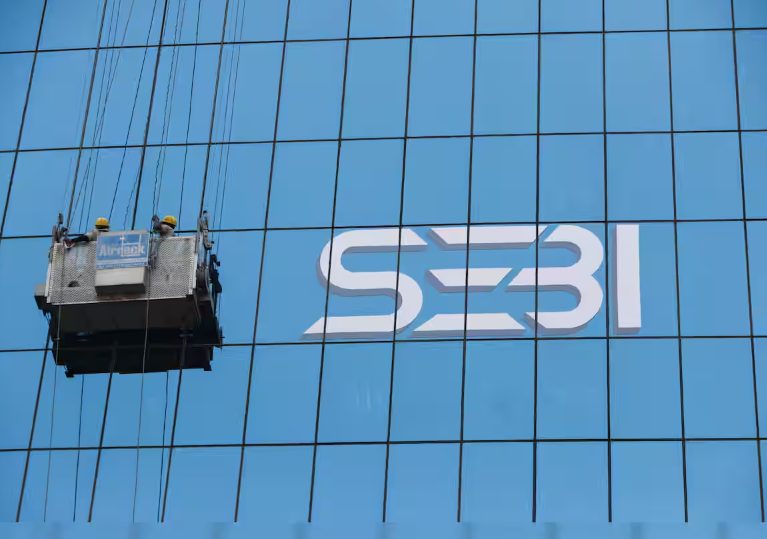Streamlining procurement processes with RFQ and RFP platforms

In the contemporary fast paced commercial environment efficacy and cost efficiency are vital for organizations in all sectors of the economy. These objectives have prompted many companies to resort to novel procurement systems like the use of RFQ (Request for Quotation) and RFP (Request for Proposal) platforms which have become very common in this industry. They are tools essential for the procurement process. They serve as instruments that enable communication between buyers and suppliers, simplify processes and improve results at the end.
Understanding the RFQ platforms
Request for Quotation (RFQ) platforms form an integral part of the procurement process as they provide businesses with a procedure through which they request price quotes from numerous suppliers who deal with specific goods or services. The buyer using this platform can spell out their precise specifications including quantity, quality standards, expected delivery dates, and pricing among others. Suppliers on their part respond via the platform by providing detailed quotes containing price points, conditions as well as other offers that could be available. This process enhances transparency among stakeholders regarding the type of products being purchased by different firms as well as competition among them thereby enabling organizations to choose from various options available. Modern procurement strategies rely on RFQ platforms to choose suppliers and negotiate better.
The benefits of RFQ platforms
One of the main advantages of the RFQ platform is that it can facilitate supplier selection. All quotes are combined in one place, which means purchasers can easily compare pricing and terms from various suppliers to make snap decisions. This also saves time, ensuring that organizations get the best value out of their purchase needs.
Besides, transparency, honesty, and integrity in procurement processes are promoted by RFQ platforms. These platforms help reduce biases and favouritism as all providers have equal chances of competing for business by providing a standard format for tendering quotations. Such factors generate confidence among suppliers while enabling organizations to meet compliance and regulatory obligations.
Furthermore, routine activities such as requesting for proposals and evaluating them can be automated via RFQ platforms. As a result, more focus will be given to strategic tasks including negotiating better terms and building stronger supply chain relationships.
Deeper dive into RFP platforms
On the other hand, RFQ platforms are typically designed to obtain quotations for specific items or services, while RFP (Request for Proposal) platforms adopt a more inclusive tactic of seeking proposals for complex projects or contracts. Typically, an RFP includes explicit specifications, project descriptions, selection criteria and timetable. This enables enterprises to evaluate carefully whether supplier capabilities match the task at hand. In response to an RFP, suppliers submit comprehensive proposals outlining how they will meet the requirements of the project such as methods, timelines, team qualifications and pricing schemes.
Instead of RFQ platforms that do not usually offer provision for this kind of evaluation process, RFP platforms make it easier. Therefore, these platforms enable organizations to request diverse proposals from many sources so that they can pick their best partner according to their particular needs or objectives in life. These make strategic sourcing and contract management vital uses of RFP platforms.
RFP platforms’ role in strategic sourcing
RFP platforms, referred to as request for proposal platforms, provide invaluable support to companies involved in strategic sourcing initiatives that are directed towards fostering long-term partnering and collaborative relationships with suppliers. The issuing of RFPs by organizations helps them to make clear their strategic objectives which are useful in the invitation of suppliers who will propose innovative solutions in line with the company’s goals.
Additionally, apart from pricing concerns, RFP platforms present a platform where different suppliers can be evaluated based on various factors like quality, technical expertise, sustainable practices and risk management capabilities. This approach ensures that organizations take into account the impacts of their decisions on the business’s long-term objectives.
Furthermore, RFP platforms help facilitate a process through which suppliers can show an understanding of what the organization needs, proposing solutions that add value beyond immediate requirements. Thus it enhances innovation and gives opportunities for vendors to showcase abilities within a competitive yet cooperative arena.
Having said this, as regards procurement strategy development RFP platforms become a critical resource by enhancing transparency, encouraging innovation and helping organizations choose vendors that are most suited to their long-term vision.
The advantage of integration
In connection with today’s global business context, procurement solutions’ value can only be maximized through integration. Multiple procurement systems including contract management, supplier relationship management and e-procurement tools can be combined with RFQ and RFP platforms to give a single source-to-contract (S2C) solution.
The ability to see and manage the entire procurement lifecycle can be improved by integrating RFQ and RFP platforms with other procurement systems. Real-time reporting, data sharing without difficulty, as well as process automation, will be accessible to organizations. This capability allows organizations to make decisions based on information as well as optimize efficiency and cost in their procurement processes.
Moreover, this integration improves and streamlines the procurement workflow, enhances collaboration across departments and suppliers, and ensures compliance of an organization with regulatory requirements. An all-rounded approach to managing purchasing ensures that businesses can effectively manage their spending to achieve strategic procurement goals.
Looking ahead: The future of procurement
As organizations adopt digital transformation and try to accomplish this procurement thing, RFQ and RFP platforms will increasingly become the driving force behind innovation and efficiency. These platforms offer companies a way of streamlining procurement processes, saving costs, reducing risks and finally meeting their strategic objectives in the contemporary marketplace where the competition is high. Through the utilization of RFQ and RFP platform, firms can streamline their purchasing strategies by enhancing transparency among suppliers as well as embracing data-driven approaches that optimize their supply chains. This leads to improved operational efficiency while also ensuring that businesses are better aligned with organizational objectives to remain flexible and adaptable amidst rapid changes in the business environment.
In summary, RFQs and RFPs are powerful tools for making procurement processes easier, more transparent and accountable; thus, promoting effective strategic sourcing initiatives. By adopting such systems into their sourcing networks, they can generate new prospects for success in a digital era marked by growth as well as efficient ways of doing business.






